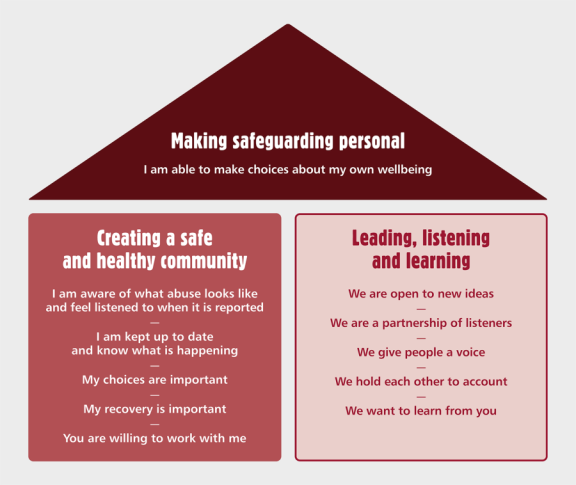Foreword
The Care Act 2014 states that every local authority must have a Safeguarding Adults Board (SAB). The SAB is a partnership of organisations working together to prevent abuse and neglect of adults in need of care and support. If someone experiences such behaviour, they have a duty to respond in a way that supports their choices and aids their wellbeing.
Hammersmith and Fulham’s SAB met for the first time in September 2018. The Care Act also requires each SAB to produce an annual report listing its activities, progress and achievements.
A key aspect of all safeguarding work is to listen to, and, whenever practical, take into account the wishes and experiences of those residents who have been victims of abuse and, or neglect. Annual reports normally give written examples of such engagement, invariably through the perspective of the organisation, not the individual.
We wanted to be different by bringing the work of the board ‘to life’. Our first annual report is, I believe, unique in that it is a series of interviews and film clips with both service users and service providers.
Such a venture requires imagination and the confidence to break away from the traditional written format. I am pleased that everyone involved from board members, the production team and, most importantly, those residents talking about their lives, have given the project their complete support.
It is regretted that the report was not available within the intended timescales of early March. The delay is due to the statistics shown on the slides from NHS England not being published until mid-November, the planning, filming and editing of the interviews and, most importantly, the unprecedented impact of the coronavirus pandemic.
Nevertheless, I hope you enjoy watching, listening to and reading about our first year.


